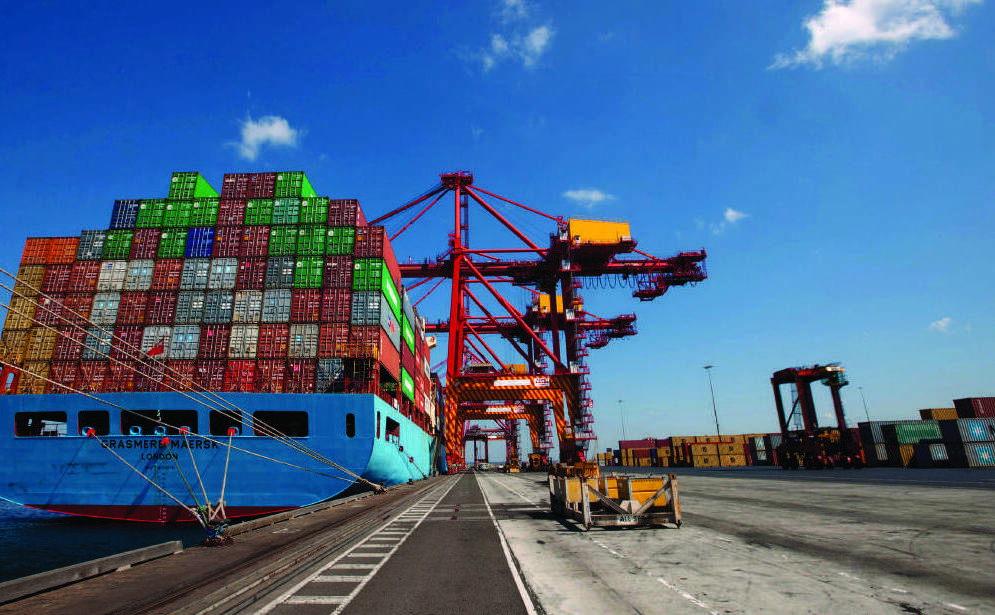
The Productivity Commission says new laws allowing a container terminal to be built in Newcastle are a "positive step" towards lowering prices for exporters, importers and consumers.
The commission has published its final report after conducting an inquiry into raising productivity at Australia's container ports.
The Newcastle Herald reported in September that the commission's draft report had found the privatisation of the state's three container ports in 2013 and 2014 had "conferred protection on port lessees that are impeding economically efficient outcomes in the development of the state's ports system".
The privatisation deals include once-secret provisions which penalise Port of Newcastle for developing a large-scale container terminal rival to Port Botany and Port Kembla before 2064.
After the Productivity Commission published its draft report, NSW Parliament passed legislation in November which offers a pathway for Port of Newcastle to remove the provisions.
The port may apply to the government for an independent assessment of how much it would have paid for its 98-year lease had the provisions not been in place.
The provisions would disappear once Port of Newcastle paid the government the difference between the $1.75 billion lease it bought and the new assessment.
The commission's final report says it is unclear whether Kembla or Newcastle is the more viable second port for NSW, but the free market should be left to decide.
"While the relative costs today of establishing container ports at the two locations are unknown, the existence of provisions that prohibit competition in the long term distort the market and limit the benefits of privatisation," it says.
"Allowing the market to determine the optimal configuration of container ports in NSW is likely to lead to better outcomes for consumers and the economy than an approach based on government choice.
"The Act passed in November that provides a pathway as outlined previously to remove anti-competitive restrictions is a positive step."
The Productivity Commission found the privatisation deals increased the market power of the monopoly container port in Sydney "potentially leading to higher prices and ... consumer harm".
The report says the penalties on Newcastle "may inefficiently prevent the entry of new, lower-cost container ports, raising import and export costs across the container logistics chain, even if the incumbent ports are not exploiting any market power".
It says "many post-draft" submissions backed removing the competition impediments. It quotes Port of Newcastle estimates that New England farmers would save $567 per container, or $20 per tonne of produce, if they could export through Newcastle rather than Botany.
WHAT DO YOU THINK? We've made it a whole lot easier for you to have your say. Our new comment platform requires only one log-in to access articles and to join the discussion on the Newcastle Herald website. Find out how to register so you can enjoy civil, friendly and engaging discussions. Sign up for a subscription here.







